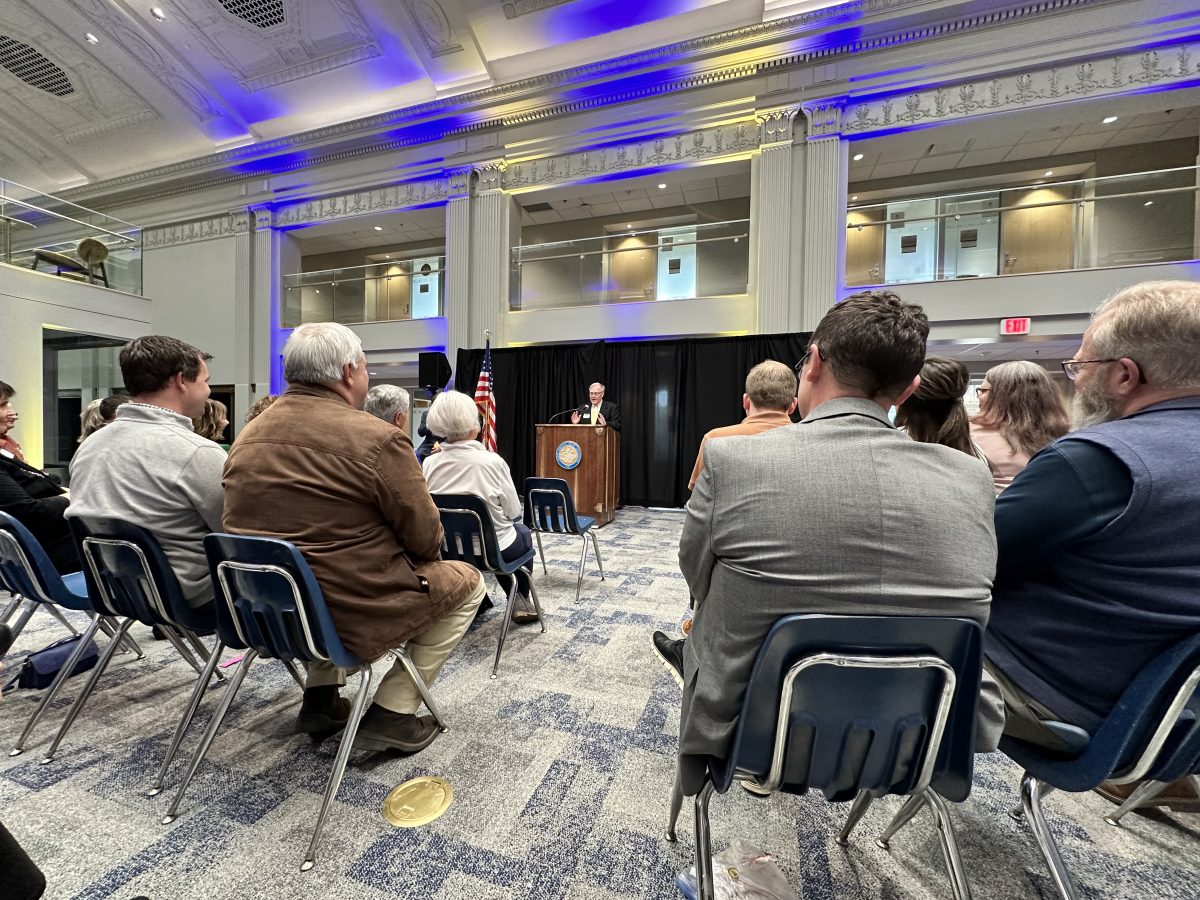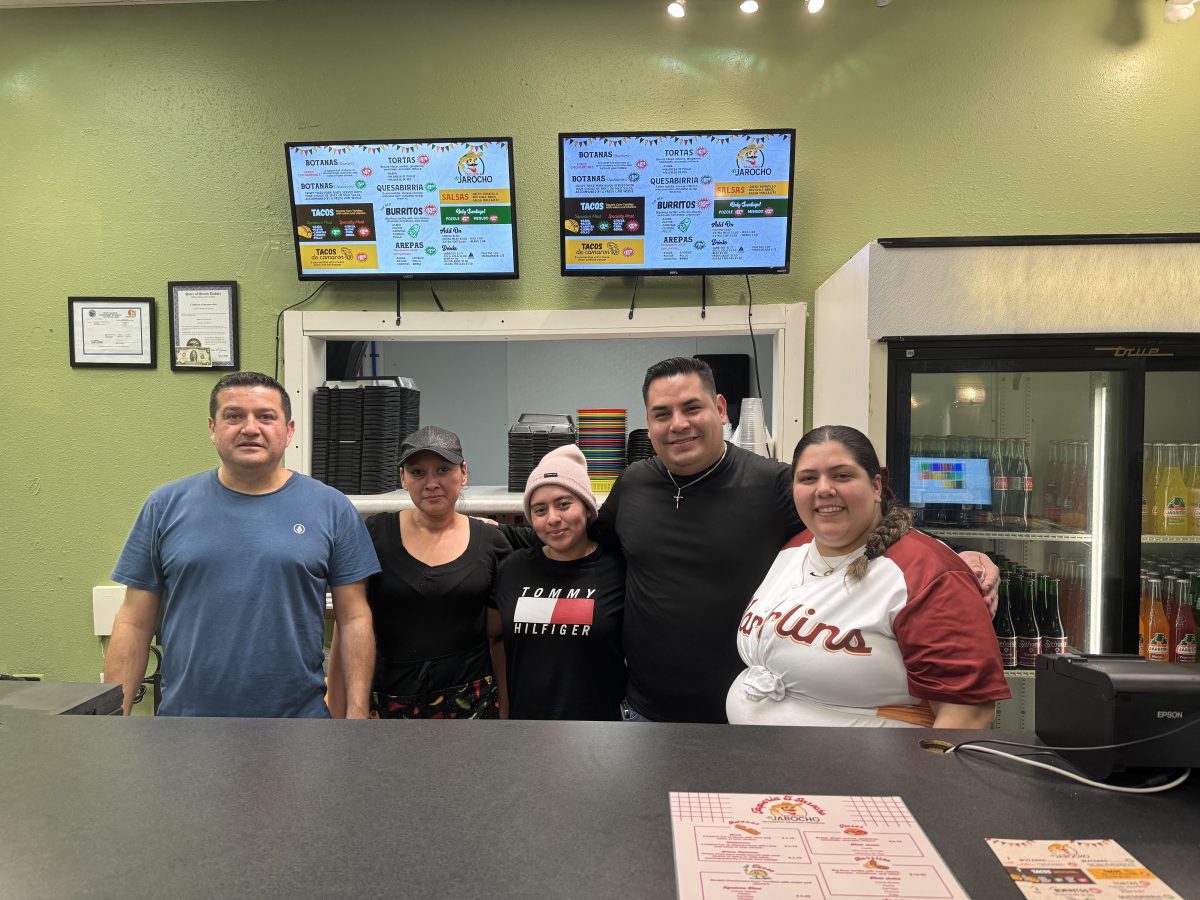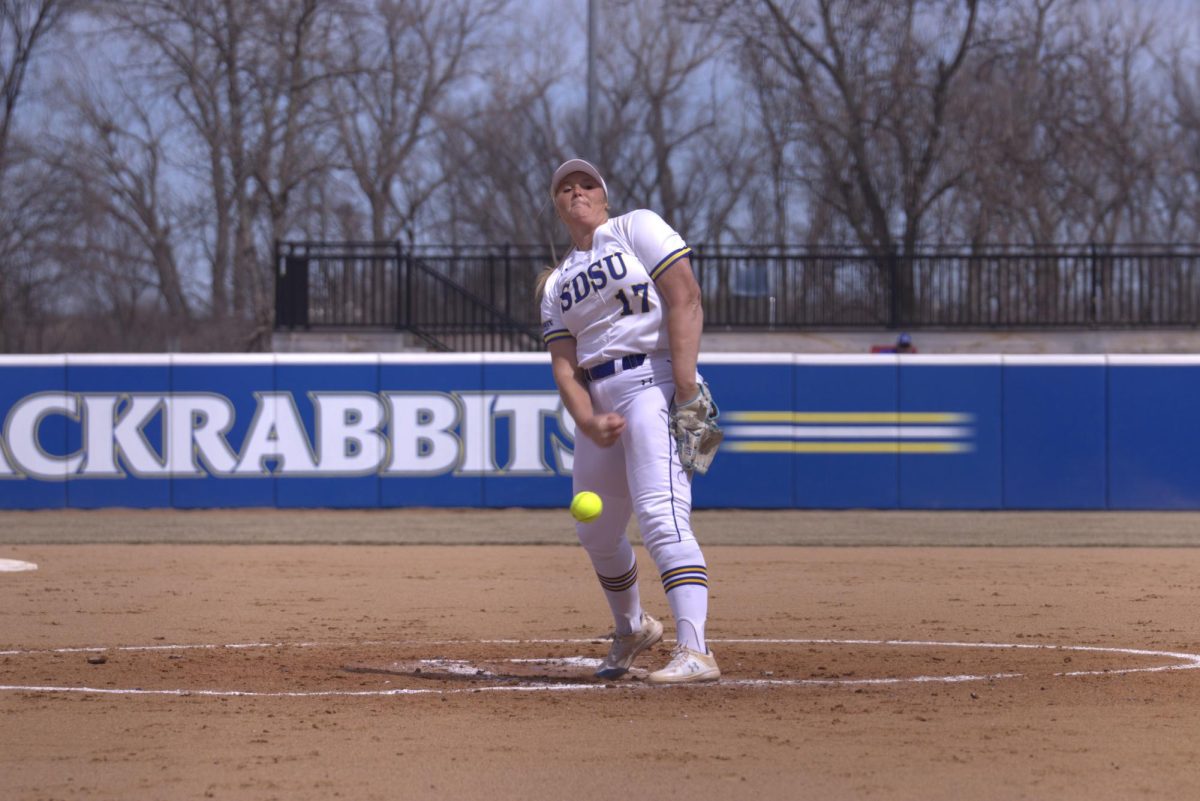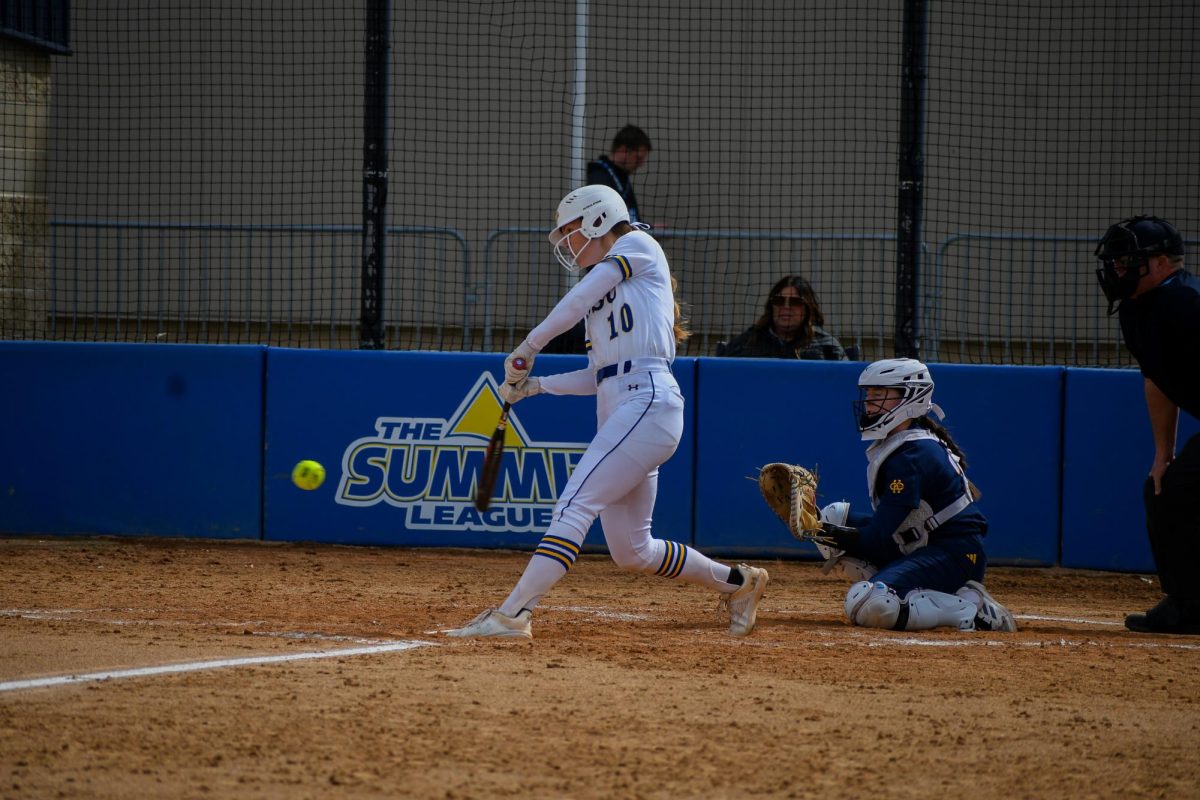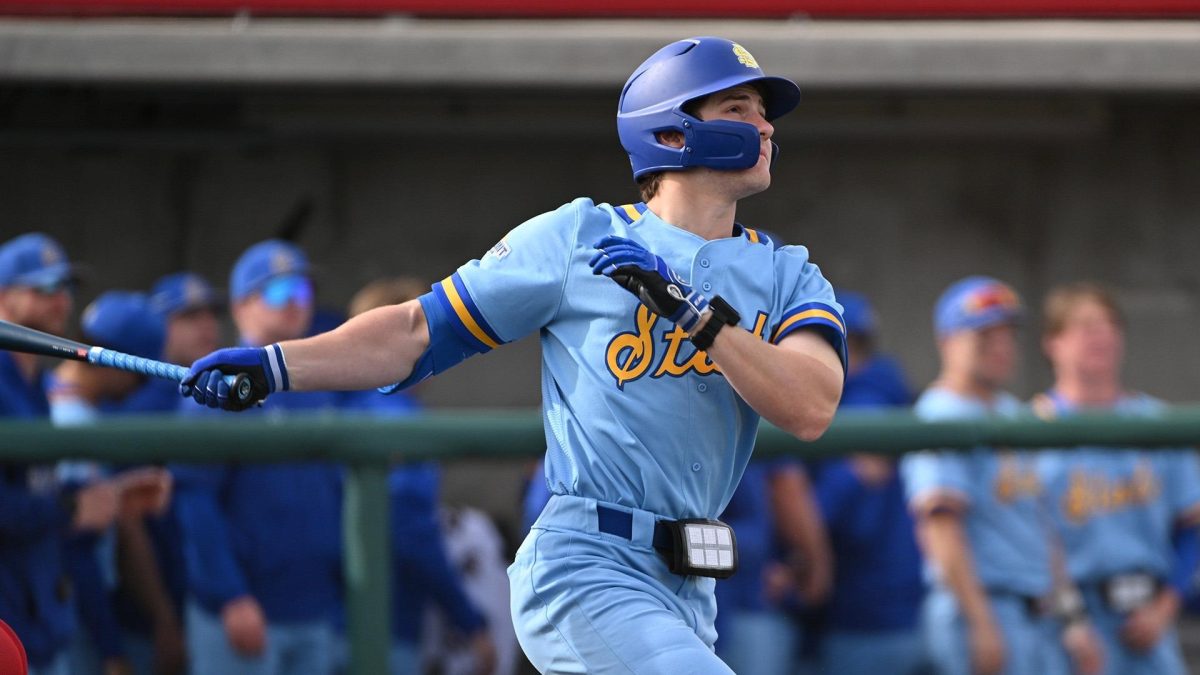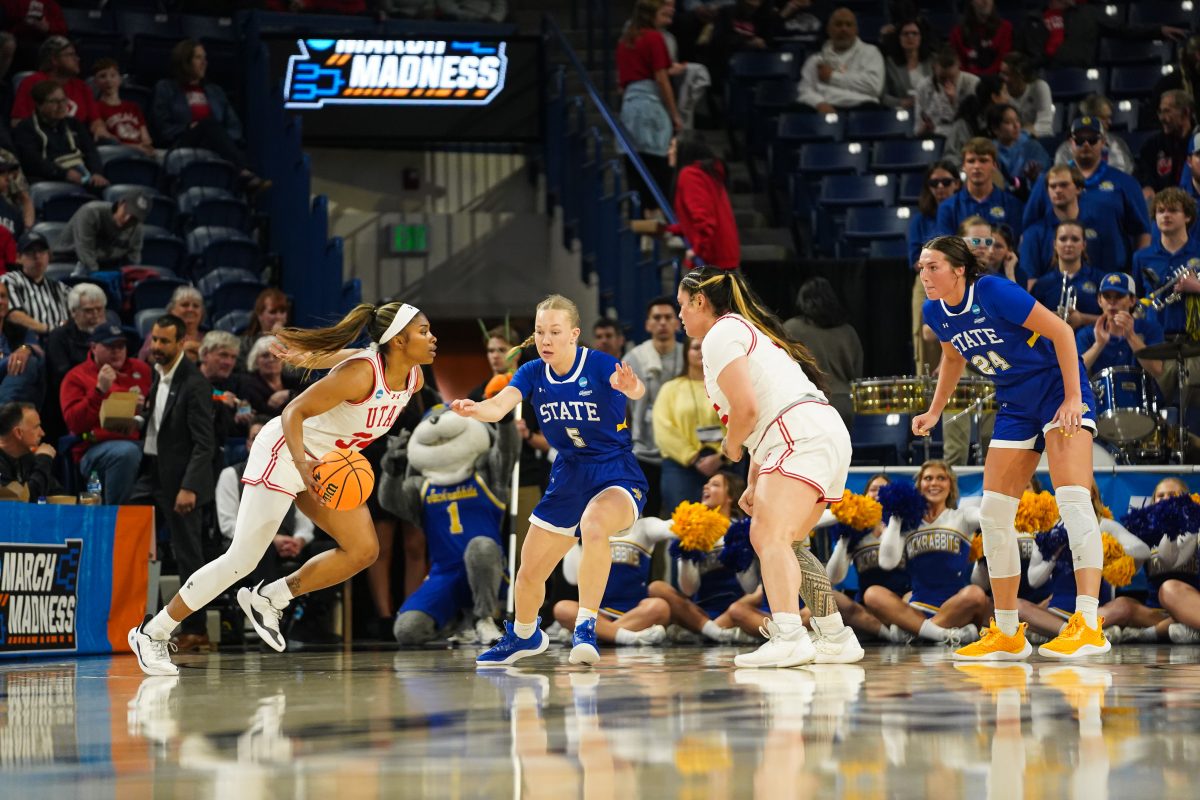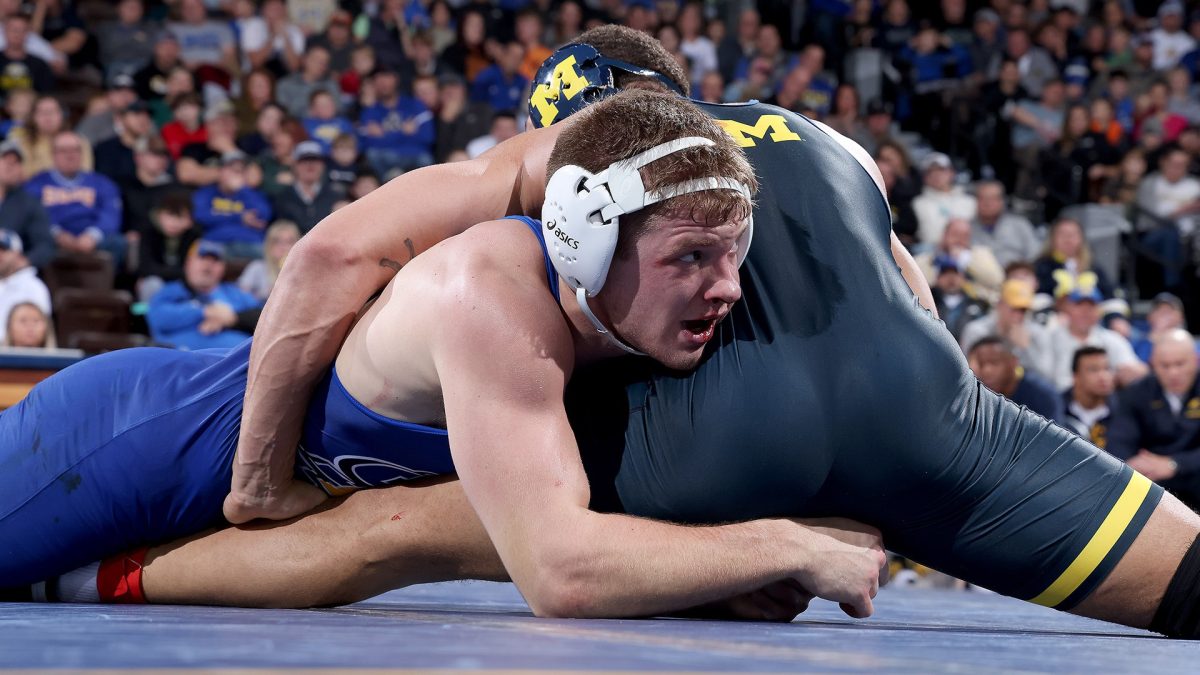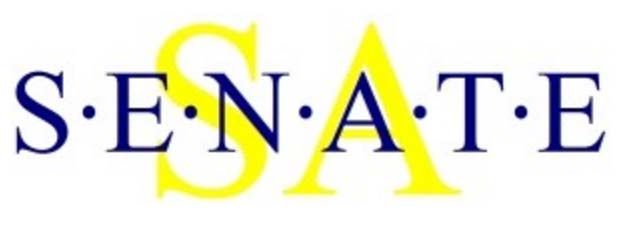Senate resolution draws support from students, community members
December 9, 2015
The Students’ Association passed the resolution in support of students of color and others at the University of Missouri at last night’s meeting after about an hour and a half of debate.
Resolution 15-11-R titled, “In Solidarity with the University of Missouri football team, Jonathan Butler and students of color,” passed with amendments made to the resolution from the last Nov. 30 meeting, but not without taking two recesses to think through responses at the meeting since speeches were limited to two times per person and two minutes for each speech. This was meant to keep senators and the public on topic and to keep the meeting moving.
The amendments made at the Nov. 30 meeting were made to have the resolution be more SDSU-oriented. President Caleb Finck said the amendments were to tie the resolution back to SDSU and act as a reminder that SDSU can “always be better.”
Those who opposed the resolution were wary of taking a stance on the national political issue.
“Traditionally, the Senate worries about SDSU first and foremost,” Finck said. Representatives were worried about supporting a movement outside of SDSU, he said.
Supporters of the resolution said at the meeting that although it was a national issue, it was important to stand in support because it affects students at SDSU.
Matt Wildreth, a Brookings community member, supported the resolution saying that the events that occurred at Mizzou aren’t “just happening in a vacuum.” People across the country are struggling with racism, he said.
Kevin Ingram, a political science major, said the resolution is a way of “supporting our neighbor.” He used an analogy of helping put out a fire in a neighbor’s house to represent why there should be support from the Senate on the resolution.
The title of the resolution was a main part of the debate. Some senators wished to have the title changed to reflect the Be It Resolved clauses added to the resolution last week, focusing more on SDSU and students of color than on events that happened at Mizzou.
In contrast, supporters said the events at Mizzou were important for the context of the resolution and provide meaning for the resolution.
“It’s silly and embarrassing as a student body because what the article says is more important than the title,” said Sen. Semehar Ghebrekidan, the main sponsor of the resolution.
Amanda John, a freshman political science and sociology double major, attended the meeting and spoke in support of the resolution.
“I’m black, okay,” John started her speech. “The idea that changing the title is easy and comfortable and nice, and once it’s done we go back to thinking we’ve done our part … but change doesn’t come from being politically correct.”
John urged senators to not stay “comfortable” in their positions and didn’t want them to change the title to be politically correct.
“I’m shaking because I’m so angry, but hey – you’re all comfortable … you’ll walk out and be fine but I’m not…” she said.
A number of senators and members of the public were upset that such a large portion of the debate was about the title of the resolution and not the content of the resolution itself.
“It’s not about the title, but what’s in it,” State and Local Government Chair Ashley Tonak said.
But opposing senators were focused on the title, Finck said, because it was supporting a movement outside of SDSU.
Later on in the debate, Sen. Nick Lorang said the resolution title should be kept as was written because it’s important to the people the resolution will mean the most to, which were students of color and other marginalized students.
Shortly after his statement, the Senate voted on the resolution, keeping the title as written. The vote ended with 22 votes in favor, two against and five abstentions.
After the vote was counted, Finck said that in his time at Senate, this debate was the most “well-educated, well-contained debate” he has ever seen.
“I think that last night when people stood up to speak, they didn’t just have words — they had a message, and I think that was taken very seriously by all who were around the table,” Finck said.
SA will stay true to the resolution and continue to promote diversity and inclusiveness at SDSU by encouraging students to use the system currently in place to promote diversity and inclusion, as well as to continue to have student representatives who take part in diversity and inclusion, he said.
Finck encouraged students who may not support the resolution, to embrace a broader perspective, new point of view and to stretch how they think about things.
“I’m not saying that you have to change your mind. I’m not saying that at the end of the day it’s our job to convince you that this is the only way and the right way,” Finck said. “Whatever the case may be, it’s that you should think about this, and I think that was a lot of the conversation from [Monday’s meeting].”
List of incidents at the University of Missouri
· Threatening Yik Yak posts were directed at black students at the University of Missouri.
· There was a lack of action from University of Missouri administration to address issues of race on campus.
· Jonathan Butler conducted a hunger strike in hopes of motivating the president to step down.
· Football players refused to play in a football game until the university’s president and chancellor stepped down from their positions.
· Other students conducted protests about the administration’s inaction.

